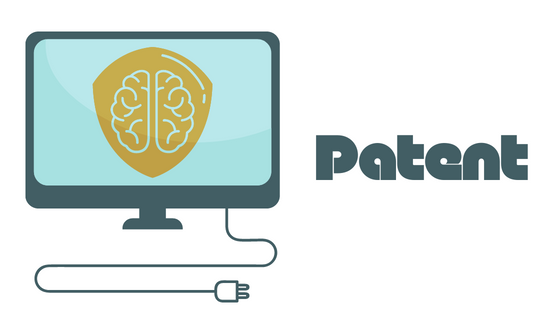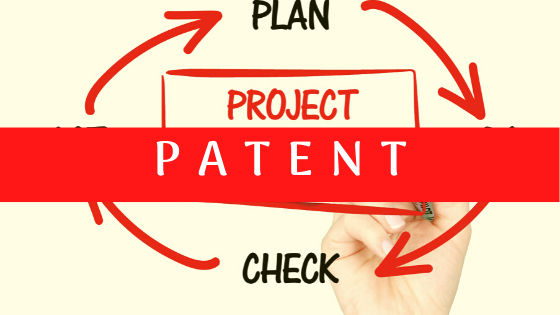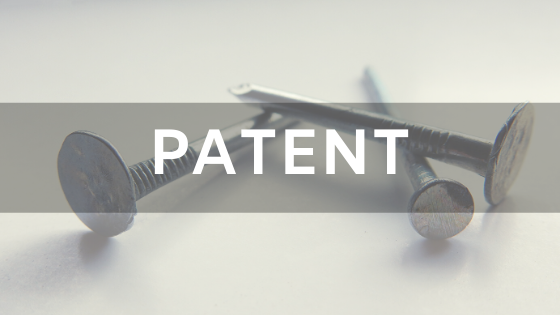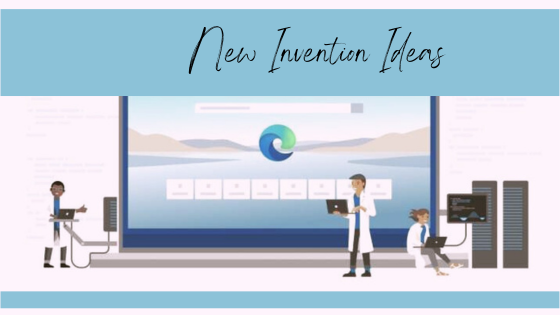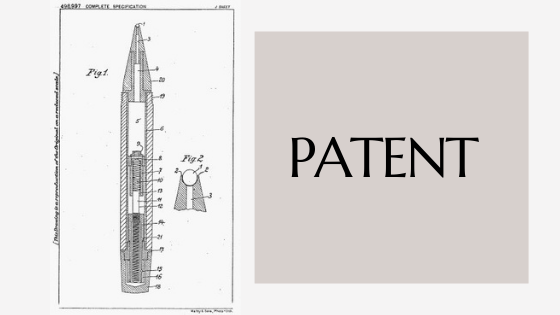Any patent application, even a provisional patent application takes time and money. So how do you decide if you need a patent?
General Guidelines
Ultimately, only you, the inventor, can decide, but here are some general guidelines to help you decide for yourself.
Is There A Reasonable Chance Your Idea Is Sufficiently Novel (New) To Qualify For Patent Protection?
If not, then preparing any patent application is probably not a good idea.
Do You Need To Be Talking To Outside Entities Such As Potential Buyers, Sellers, Or Investors About Your Technology?
If so, filing can protect your patent rights in the event one of your contacts develops the technology as a result of talking to you.
Does Your Idea Have Potential Commercial Value?
Are You Sure Or Can You Determine The Commercial Value Within A Year?
If the answer is yes to either, then patent protection may be a good idea. Hiring a patenting agency, such as InventHelp patent invention agency, in this step would be wise.
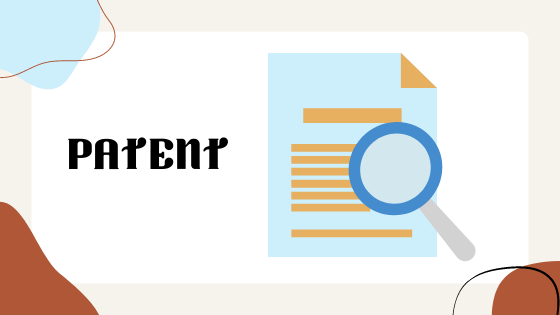
Note: A patent does not make a commercially unviable product viable. The patent office is full of patents having no commercial value. Some have said that 90% or more of issued patents have no commercial value.
Have You Identified Who Would Make, Who Would Buy And Who Would Sell Your Technology?
If not, you really need to do your homework and answer these questions for yourself in order to make an informed decision on pursing a patent.
Can You Afford To Pursue A Patent?
Money is generally tight for individuals and small businesses. The cost of preparing and filing a patent application, whether it is $300 for a provisional patent application or $5000 for a full utility patent application is an investment but also needs to be viewed as “risk capital”. Filing a patent application does NOT guarantee a patent will ever be issued. But, in order to do the best you can to get that patent issued it is highly advisable to have a professional patent agency, such as InventHelp patent an idea agency, by your side.
Provisional patent applications can minimize the cost for the short term, but at some point, more money will be needed to secure patent rights. The reality is that patenting is not inexpensive.
